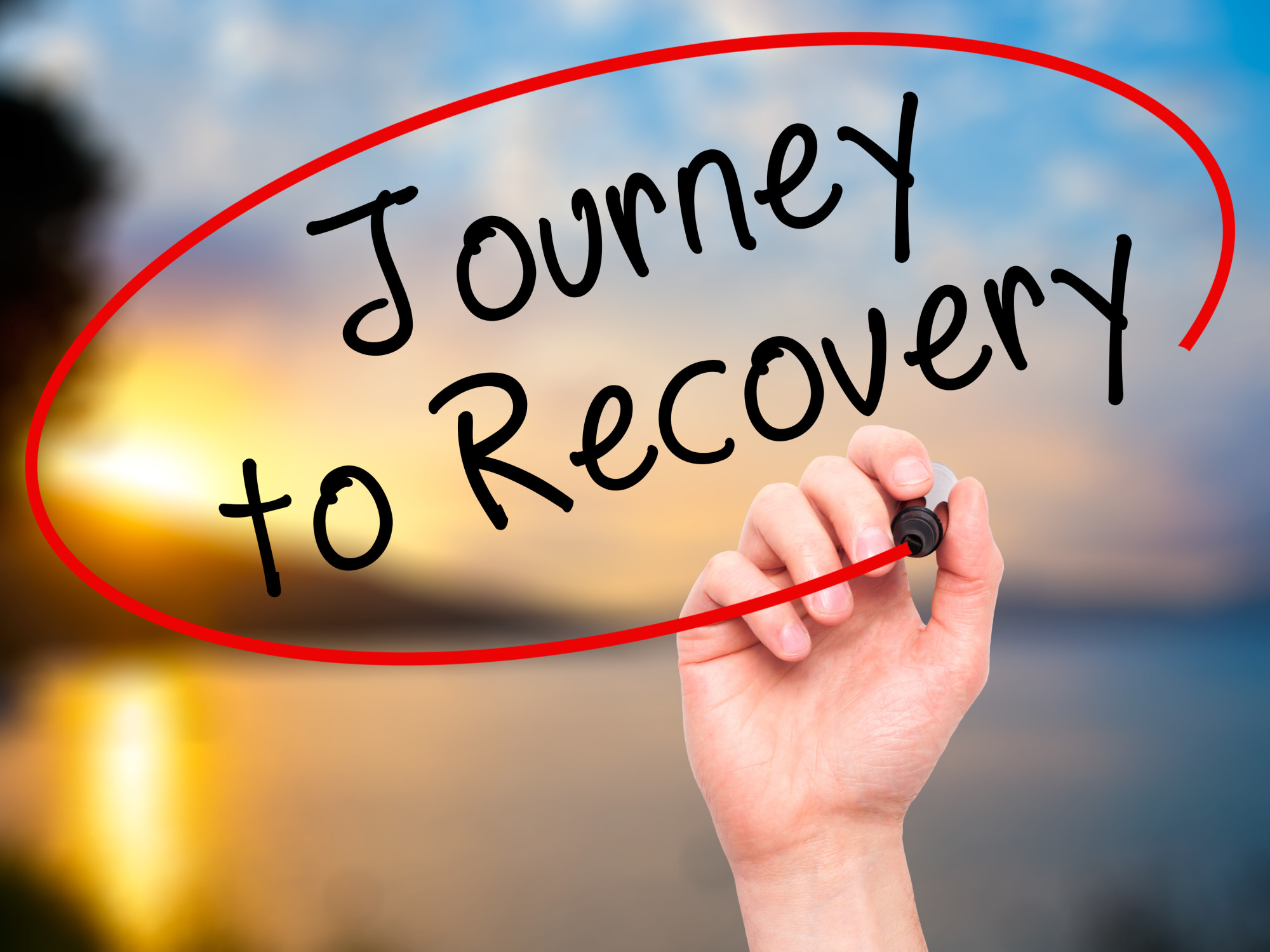It’s estimated that 22 million Americans are in recovery from addiction. This number is estimated because the federal government doesn’t track recovery like overdoses and addiction rates are tracked.
While the good news is these people are seeking help for their addiction, the bad news is that many people will relapse. There are support groups and programs to continue the treatment after the recovery treatment is complete. However, there’s one aspect of health and well-being for recovering addicts that some people overlook – nutrition.
Getting the proper nutrition, enough sleep, and plenty of water can affect the recovering addicts’ ability to stay clean long term. If you want to ensure you, or a loved one, has the best chance of remaining addiction-free and regaining good health, then use the tips found here.
Table of Contents
The Effects of Drugs and Alcohol on the Body
Before diving into the steps, you can take to regain good health after an addiction, it’s a good idea to take a closer look at how these substances affect your body. Some of the most notable issues include:
- Eat less
- Eat foods that aren’t as nutritious or skipping meals
- Increased use of energy by the body
- Loss of nutrients due to diarrhea or vomiting
- Gut damage preventing the absorption of nutrients
Food has a direct impact on how the brain functions. If your body isn’t producing adequate neurotransmitters (brain chemicals) or if the chemicals aren’t balanced, you may begin to feel anxious and irritable.
You may also suffer from anxiety, the inability to sleep, and food cravings. The stress that results from this can also affect your memory or make you feel depressed, dissatisfied, tired, or paranoid.
Nutrition for the Early Stages of Recovery and Detoxification
During the early stages of your detoxification and recovery process, introduce meals slowly. After all, if you have been abusing drugs or alcohol for a while, your body may not be accustomed to digesting food.
It’s best to begin with small meals five to six times a day. You may start to gain weight. If you are concerned about this, talk to a nutritionist.
You should not replace drugs with food as your new coping mechanism. Caffeine and sugar are the most common substitutes because they create the same highs and lows.
These foods, which are low in nutrients, may prevent you from eating enough healthy food to impact your cravings and mood positively. However, they are preferable to overusing drugs or alcohol again.
What and How to Eat for Recovering Addicts
When you are recovering from an addiction and in the months after going through a recovery program, focus on eating healthy foods. These will help heal the body and ensure you get plenty of sleep.
Specific foods and nutrients to focus on during this time are found here.
Choose Foods that Balance Serotonin Levels
During and after substance abuse treatment, it’s a good idea to choose foods that help balance your serotonin levels. Serotonin is a hormone that aids relaxation in the brain.
These are foods that are high in carbohydrates, especially complex carbohydrates. You can find them in various starchy foods like bread, pasta, root vegetables (carrots and potatoes), and legumes (peas, lentils, and beans).
When you eat these foods along with protein, you are going to feel happier and have more energy. It’s best to eat them three times a day.
Avoid B-Vitamin Deficiencies
If you suffer from alcoholism, you may be deficient in B-complex vitamins, such as B12, folic acid, or folate. You may also have inadequate stores of vitamin C and other B vitamins.
With chronic alcohol consumption, you may lose minerals, too, such as calcium, magnesium, and zinc. One exception to this is iron. You are rarely deficient in iron because alcohol can cause damage to the lining of the stomach, increasing the absorption of iron.
Understanding Your New Nutritional Needs
The initial year after you stop using drugs or alcohol, your nutrition needs are going to be much higher than what’s considered normal. It’s important to feed your body the right, good food each day. Even if you are eating a varied, healthy diet while you are using drugs or alcohol, there will not be enough nutrients to handle your nutritional needs since many are used to help detoxify your body.
Some addicts also suffer malnutrition. This can appear in several ways.
You may develop a weaker immune system, making you more prone to infections. Other issues that may arise include changes in the way that food tastes, skin conditions, digestive problems (gas, constipation, diarrhea), or dental issues.
Over time, if malnutrition isn’t addressed, it can cause pancreas or heart problems, liver disease, some types of cancer, nerve damage, and brain damage. You need to ensure you address these issues while recovering.
Staying Happy and Healthy After Recovery
If you are one of the millions of recovering addicts in the U.S., you know how challenging it can be to stick with your new lifestyle. While this is true, adding the healthy eating tips found here will help you feel better and keep your mind and body energized.
If you want more information about overcoming an addiction or want more help with leading a healthy and happy life, be sure to check out some of our other blogs. We regularly post new and helpful information for our readers on a huge array of topics from dieting and fitness to nutrition and hobbies. Check back often to see all the new resources posted.








One Reply to “A New Path: Health Tips for Recovering Addicts”
Comments are closed.